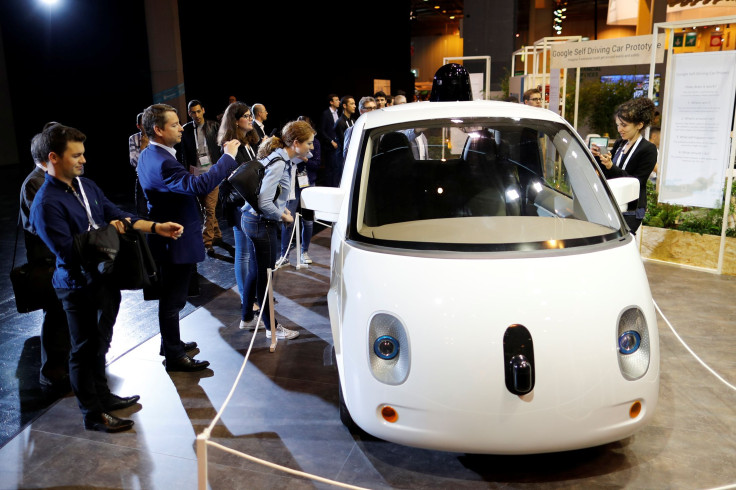Senate Panel Approves Autonomous Car Legislation, But Americans Don't Trust The Technology

While the U.S. Senate Commerce Committee on Wednesday approved a bill that will quicken up the process of getting autonomous vehicles to the market, a recent study shows Americans aren’t ready to ride self-driving cars yet.
The bill, called the American Vision for Safer Transportation through Advancement of Revolutionary Technologies (AV START) Act, still has to be approved by the Senate. The bill would disallow states from making their own laws that regulates autonomous cars. If passed, auto manufacturers will be allowed to sell 80,000 self-driving vehicles per year in the United States.
“Self-driving vehicles will make transformative changes to improve mobility, reduce accidents and enhance safety for millions of travelers on our roads,” Sen. Gary Peters, D-Fla., said in a statement.
He added that the passage of the bill will “help advance these lifesaving and life-changing self-driving technologies and ensure that the United States remains at the forefront of vehicle innovation.”
However, auto safety advocates have expressed concerns. The organization Advocates for Highway and Road Safety said the bill “lacks critical protections for the public.”
“The bill permits up to 100,000 vehicles per application to be granted multiple exemptions from federal safety standards in the first three years,” said the group on Wednesday. “There is no mechanism to ensure that AVs (autonomous vehicles) exempted from standards will perform safely once deployed and no requirement for an evaluation of their on-road performance. Without proper oversight, manufacturers could be granted increasing numbers of exemptions for products whose potential hazards may not have been identified.”
General Motors, Ford and Alphabet have lobbied for the legislation, according to Reuters. Those companies that have invested heavily in autonomous technology. Alphabet’s self-driving unit Waymo will reportedly launch an autonomous ride-hailing service in Phoenix, Arizona this month. Meanwhile Ford and GM teamed up with Lyft for a self-driving ride-hailing service.
Americans Don’t Trust Self-Driving Cars
While companies gear up to deploy self-driving technologies, a survey from the Pew Research Center released Wednesday shows nearly 6 in 10 Americans say they would not ride in driverless cars. Respondents cited lack of trust, fear of losing control and/or general safety concerns as reasons why they would not want to use autonomous technology. Most Americans, 87 percent, said they favored a requirement that all self-driving vehicles have a human in the driver’s seat who can take control during an emergency.
The low level of trust could be due to the lack of knowledge about self-driving cars, experts say.
“The statistics on increased safety and diminished accidents some causing fatal injuries is overwhelmingly in favor of the adoption of self-driving cars,” Sharon Klein, a partner in the autonomous vehicle practice group and chair of the Privacy, Security and Data Protection practice at Pepper Hamilton LLP, told International Business Times. “Education of consumers needs to take place. There is a lot of work that each state needs to do on revamping driver's education and licensure for self-driving cars.”
The Pew survey shows people know self-driving technology is the future. About two-thirds of Americans expect that most car on the road will be autonomous within the next half-century, with nine percent predicting it will happen in the next 10 years.
© Copyright IBTimes 2024. All rights reserved.





















